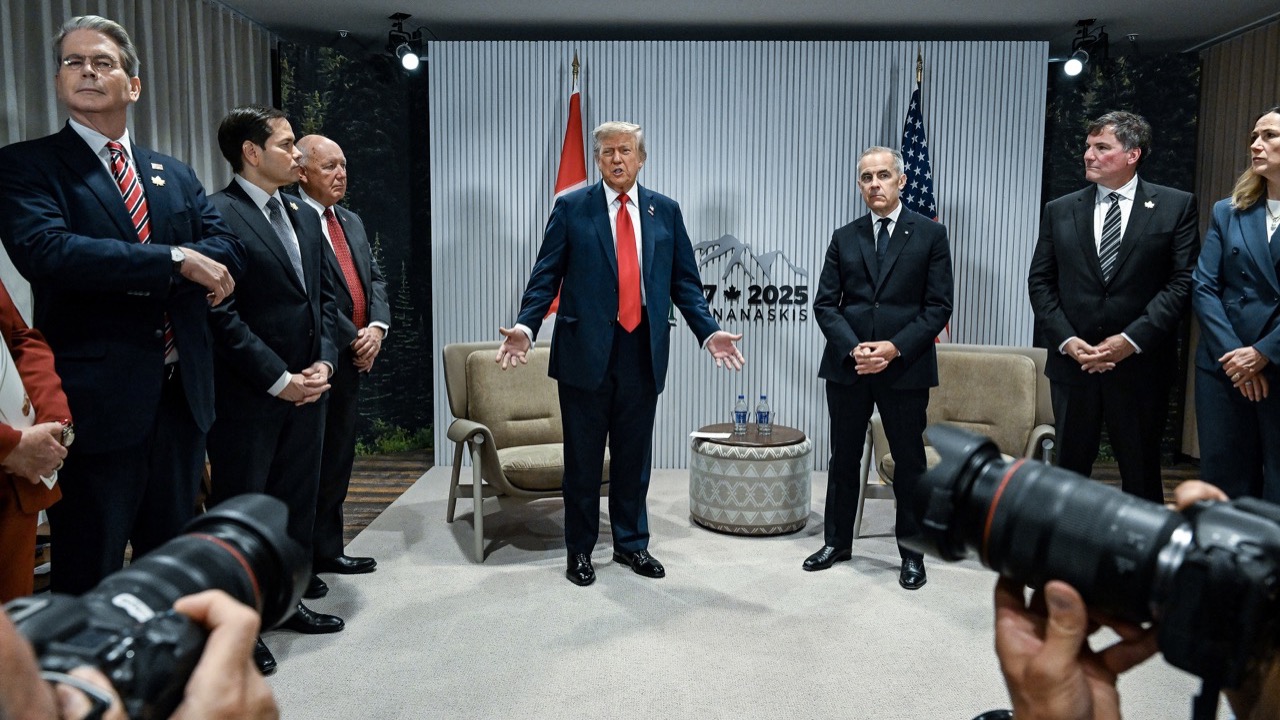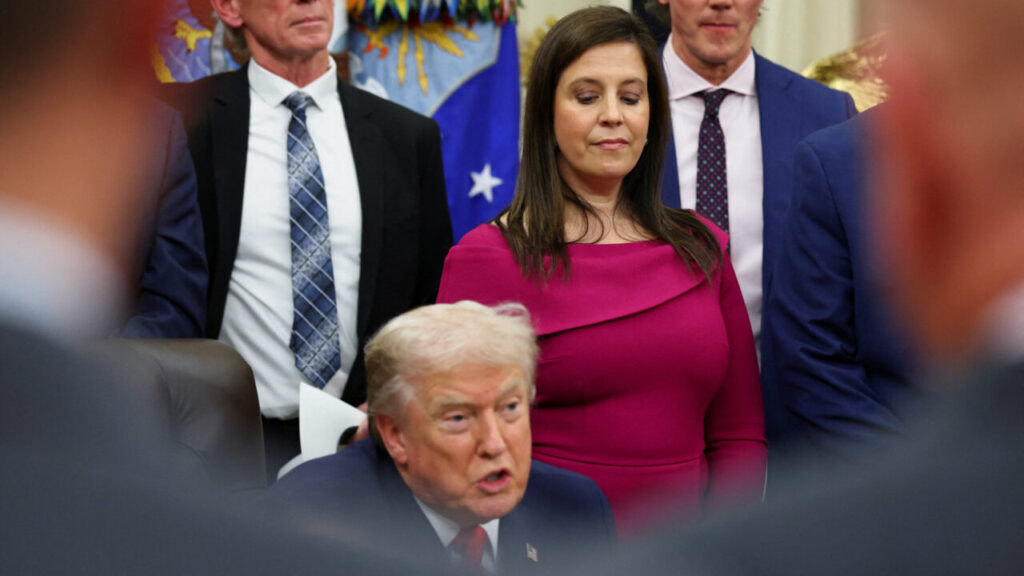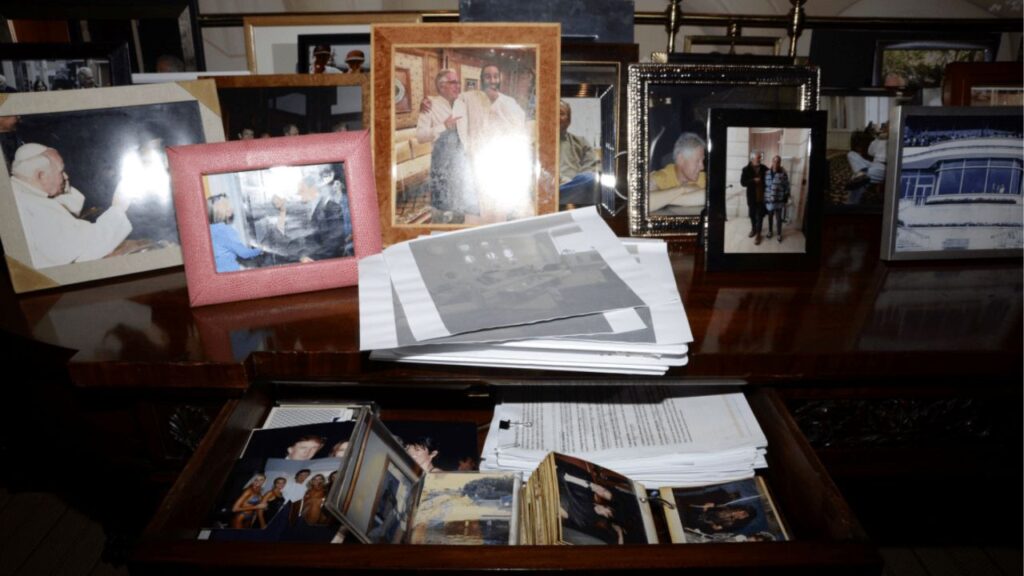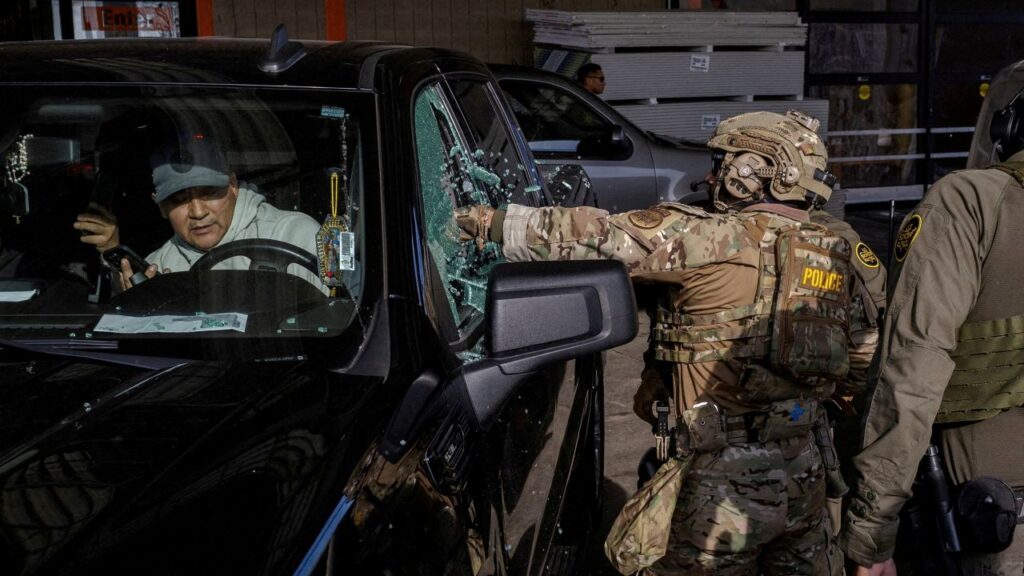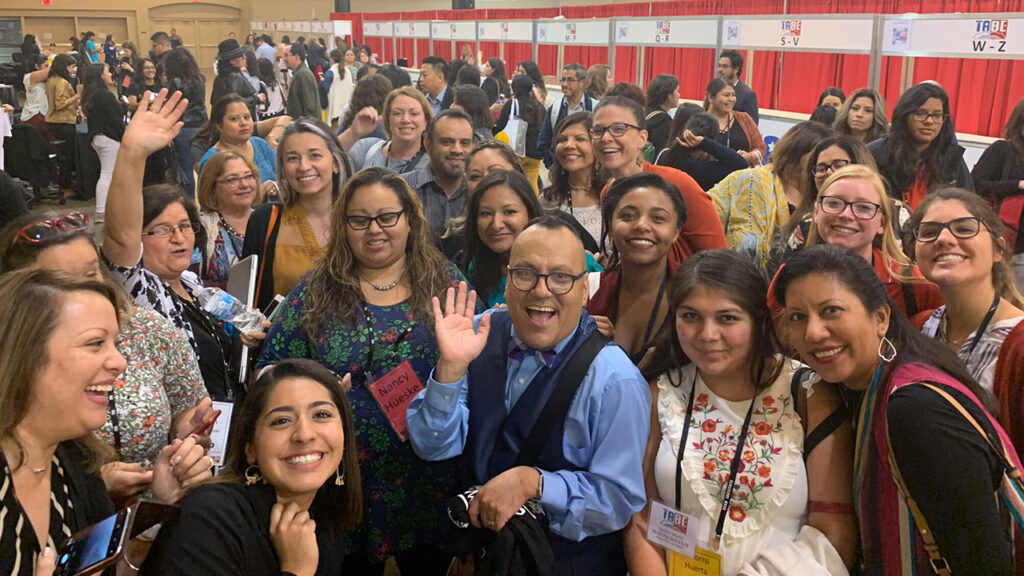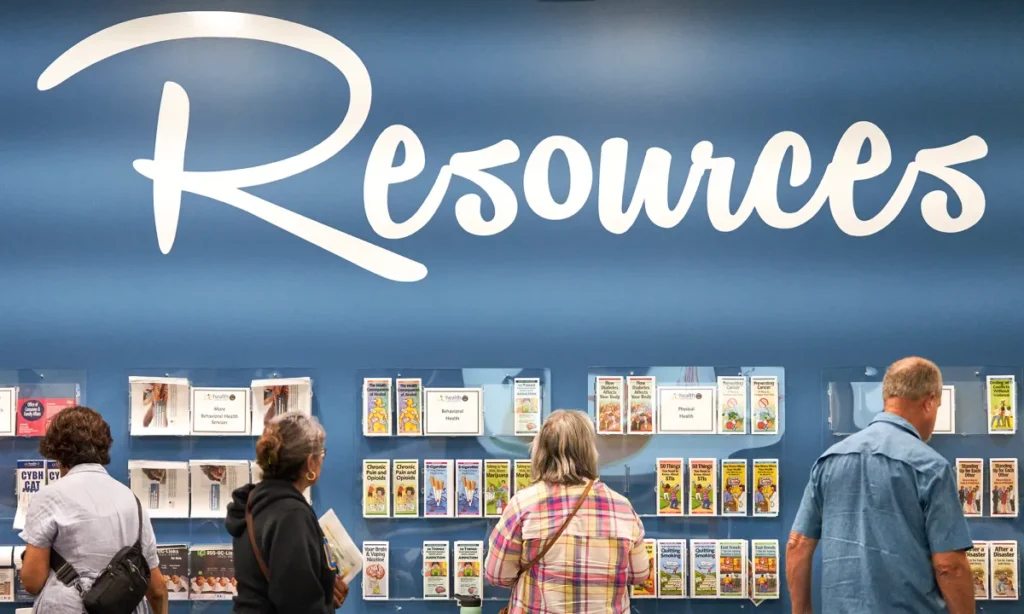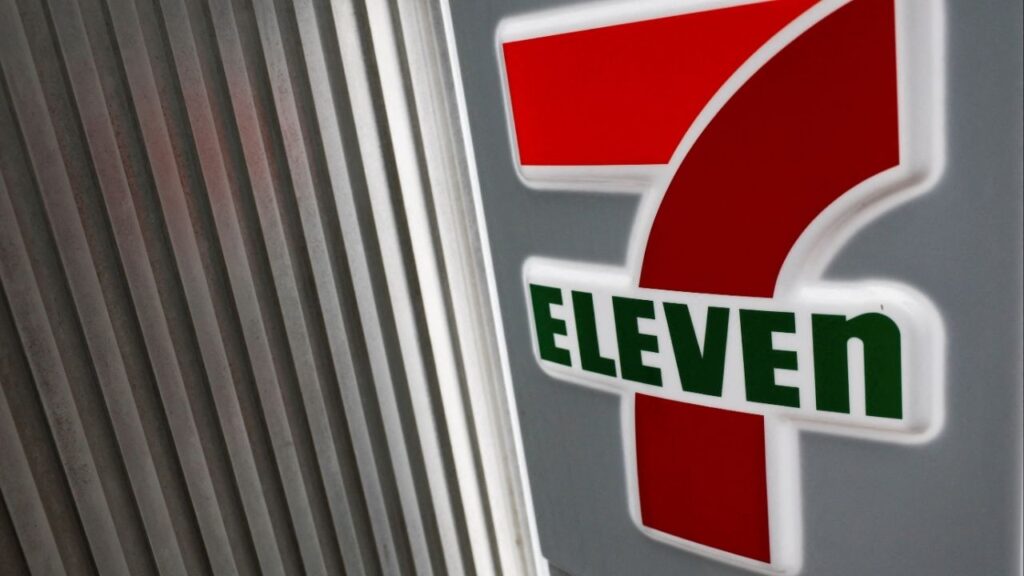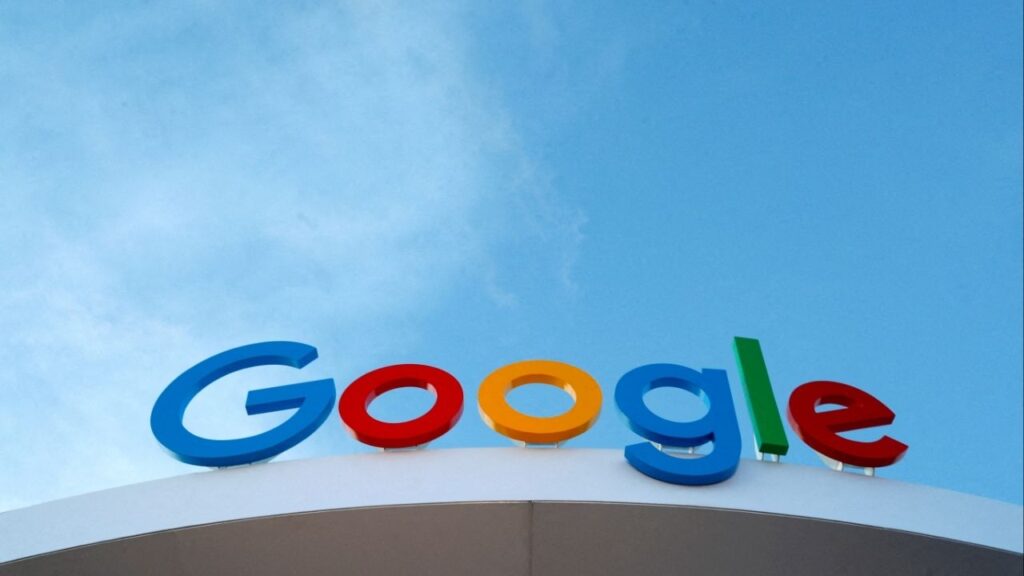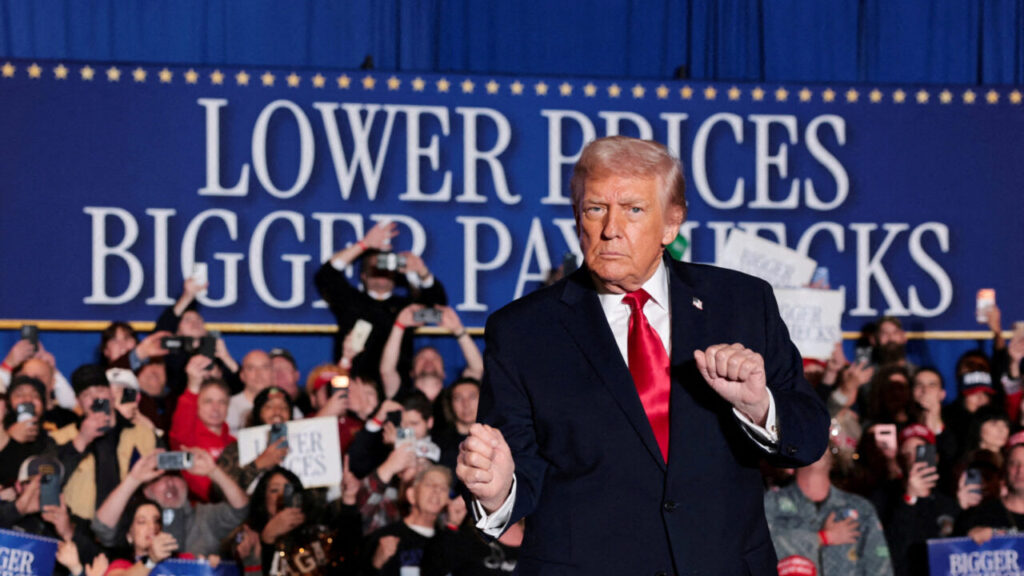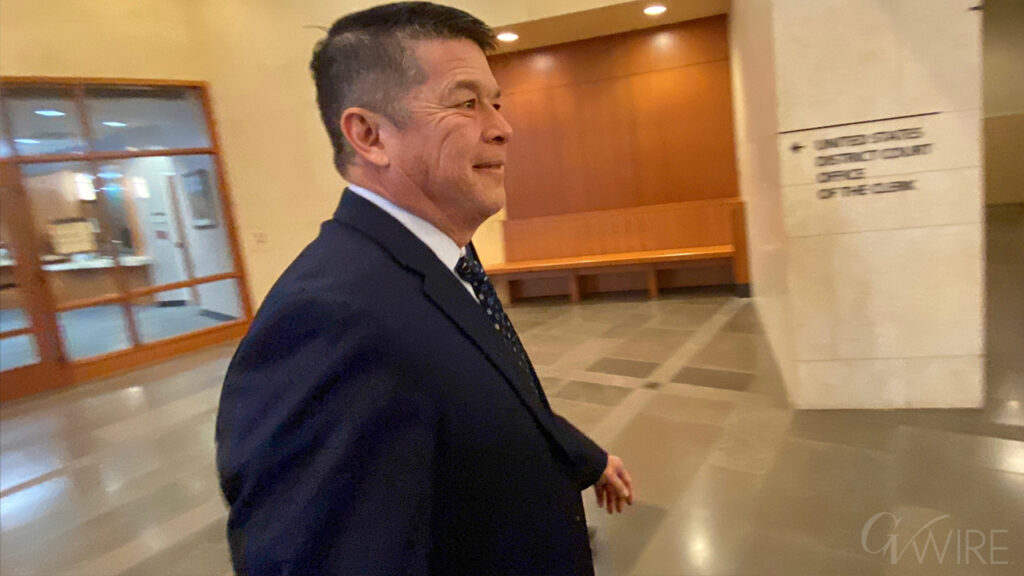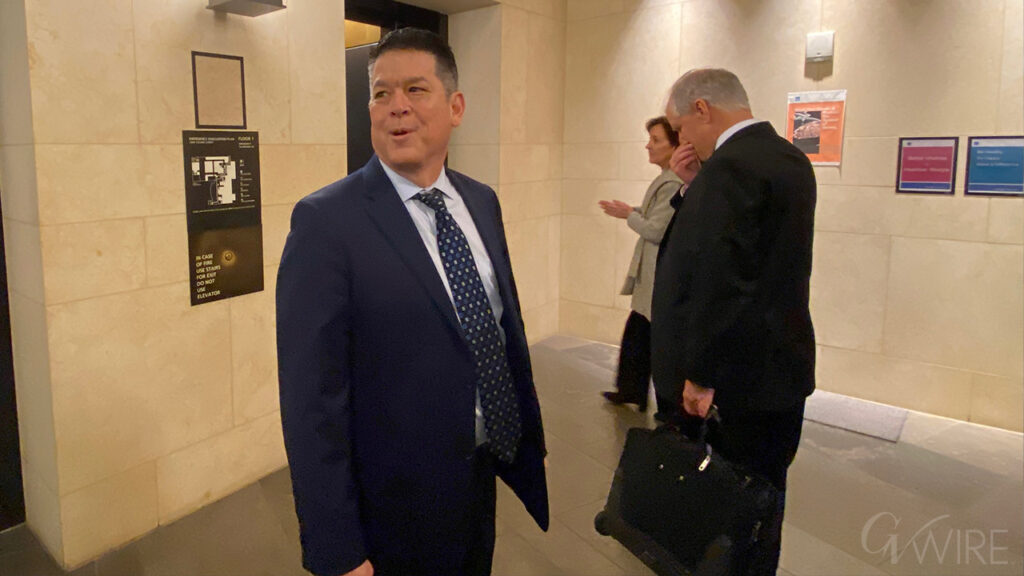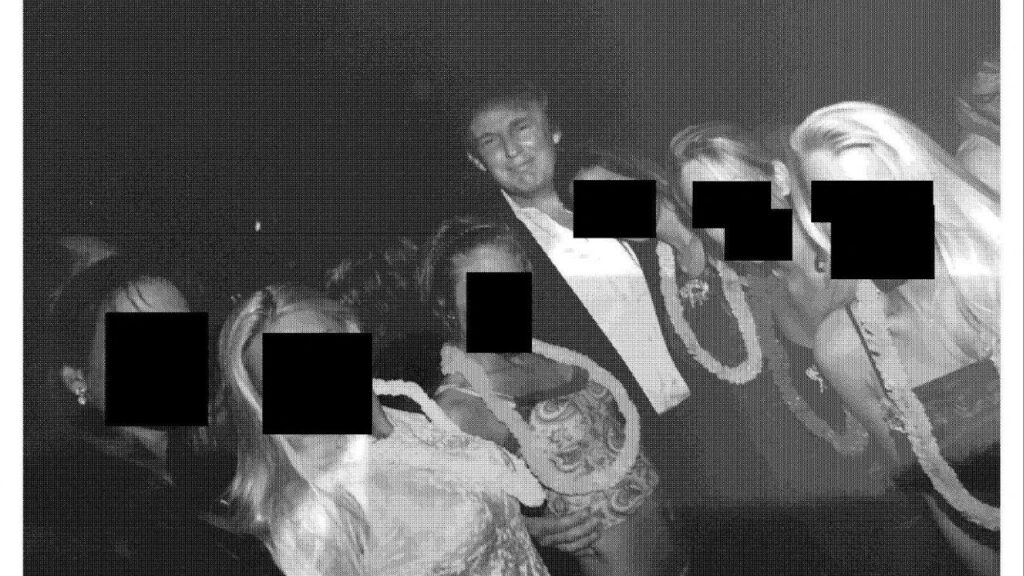President Donald Trump, center left, speaks to reporters as he meets with Prime Minister Mark Carney of Canada, center right, at the G7 Summit in Kananaskis, near Alberta, Calgary, Canada, on Monday, June 16, 2025. “The G7 used to be the G8,” Trump told reporters on Monday, referring to the group’s decision to eject Russia in 2014, after it attacked Ukraine and “annexed” Crimea, a prelude to its full-scale invasion. (Kenny Holston/The New York Times)

- Trump advocates for Russia's return to G7 despite ongoing Ukraine invasion and allied opposition.
- President maintains regular contact with Putin while distancing from European sanctions efforts.
- G7 allies express concern over Trump's preference for rehabilitating Putin over supporting Ukraine.
Share
CALGARY, Alberta — President Donald Trump could have opened by talking about trade. He could have discussed the wars in the Middle East or the long-running, brutal war in Ukraine.
But there was something else that appeared to be top of mind for Trump during Monday’s meeting in Canada of the leaders of the Group of 7 industrialized nations: President Vladimir Putin of Russia.
“The G7 used to be the G8,” Trump told reporters, referring to the group’s decision to eject Russia in 2014, after it attacked Ukraine and “annexed” Crimea, a prelude to its full-scale invasion.
He went on to blame former President Barack Obama and former Prime Minister Justin Trudeau of Canada for kicking Russia out, and argued that its inclusion in the group would have averted the war in Ukraine. (Trump was wrong — it was not Trudeau, but rather Stephen Harper, who was the Canadian prime minister at the time of Russia’s expulsion.)
“I would say that was a mistake,” Trump said, “because I think you wouldn’t have a war right now.”
Trump’s History of Defending Russia’s G7 Inclusion
And with that, Trump’s troubled history with the alliance repeated itself. When he attended the summit the last time it was held in Canada, in 2018, he called for Russia to be readmitted to the alliance. The suggestion angered and appalled allies, setting off a rift that before Trump left the summit early, telling reporters on his way out: “They should let Russia come back in. Because we should have Russia at the negotiating table.”
Trump’s remarks came one day before he was supposed to meet in Canada with Ukrainian President Volodymyr Zelenskyy, whom Trump has repeatedly criticized for the invasion of his country and has even accused of not wanting the war to end.
The White House announced Monday that Trump would leave the summit early and return to Washington to deal with the war between Israel and Iran. In a recent interview, Trump said he was open to having Putin serve as a mediator in the Middle East conflict.
Trump’s argument Monday was even more remarkable given that he returned to the summit three years after Russia escalated the aggression that got it ejected in the first place — launching an unprovoked invasion of Ukraine in 2022, with similar goals of seizing its territory.
The scene Monday illustrated how even more aligned Trump has grown with the Russian autocrat since his first time in office, and how alienated Trump has become from U.S. allies who have rallied around Ukraine.
Asked about Trump’s decision to open his remarks at the summit by criticizing Putin’s expulsion from the bloc, a White House official, who spoke on condition of anonymity to discuss sensitive matters, said Trump had long held that view and would share his opinion even if he were meeting with global leaders who feel differently.
Putin’s Continued Influence on Trump’s Foreign Policy
Trump, in his remarks Monday, repeated a claim he made in 2018, that the Group of 7 needed Putin to help solve some of the world’s problems — including ones the Russian leader himself caused. “You spend so much time talking about Russia, and he’s no longer at the table,” Trump said.
On Monday, Trump eventually issued statements and answered questions on Iran and trade. But he began by boasting about his close relationship with Putin.
“Putin speaks to me; he doesn’t speak to anybody else,” Trump said, “because he was very insulted when he got thrown out at the G8, as I would be, as you would be, as anybody would be.”
Trump has spoken with Putin regularly, as recently as Saturday, when he said that the Russian leader had called him to wish him a “Happy Birthday” and spent more time discussing the Iranian-Israeli conflict than the war he started.
“Our G7 partners are likely to conclude that Trump may be more interested in rehabilitating Putin rather than joining the consensus supporting Ukraine,” said Daniel M. Price, who worked on international trade and investment during the Bush administration.
Trump’s embrace — and sometimes outright defense — of Putin in his second term has thus far done little to quell the war, which he claimed on the campaign trail he could end in one day. He has also acknowledged that Putin may be taking advantage of him by dragging out the war.
Sanctions and Diplomatic Tensions With European Allies
As Russia has escalated its incursion into Ukraine, Trump has repeatedly threatened tariffs against Russia, though he has yet to follow through.
At the same time, Prime Minister Keir Starmer of Britain, along with other European leaders, was expected to use the summit to announce another sanctions package against Russia. Starmer said in a statement that he wanted to “work with all of our G7 partners to squeeze Russia’s energy revenues and reduce the funds they are able to pour into their illegal war.”
Asked after a meeting with Starmer on Monday if the United States would join Europe in applying further sanctions, Trump downplayed the measure.
“Well, Europe is saying that, but they haven’t done it yet,” he said. “Let’s see them do it first.”
Trump said he was still waiting to see if a ceasefire deal could be made, adding that sanctions would also be costly for the United States. “It’s not just, let’s sign a document,” he said. “You’re talking about billions and billions of dollars. Sanctions are not that easy. It’s not just a one-way street.”
Trump, in recent months, has also indicated that he wants to all but wash his hands of the war in Ukraine, having grown frustrated by the lack of progress in negotiating a peace deal.
Experts said Trump’s comments on Monday about welcoming Russia back into the fold of leading industrialized countries made clear his shifting goal post for the war.
“To make that particular point I think cuts to the core of the recent most successful actions the G7 has taken,” said Josh Lipsky, the senior director for the Atlantic Council’s GeoEconomics Center. “It puts the summit in a G6 plus one dynamic right off the bat.”
—
This article originally appeared in The New York Times.
By Erica L. Green and Zolan Kanno-Youngs/Kenny Holston
c. 2025 The New York Times Company


